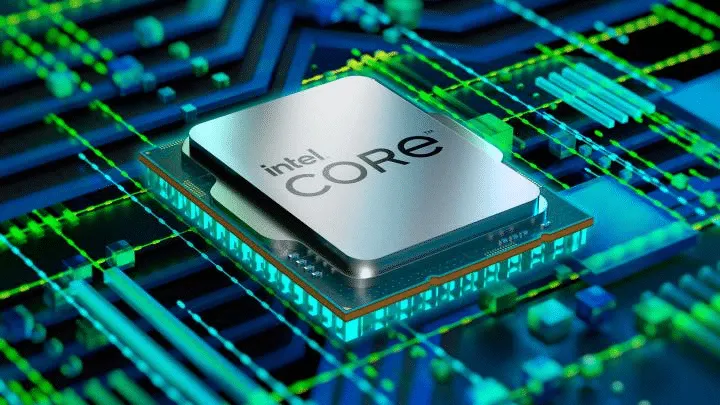
Intel Share Agreement Formalizes U.S. Ownership Stake
President Donald Trump announced Monday that the U.S. government now owns approximately 10% of Intel Corporation, with shares valued at around $11 billion. The equity stake results from a structured investment agreement between the federal government and Intel, involving a combination of previously awarded grants and new capital.
The administration described the transaction as a strategic investment aligned with national goals to bolster domestic semiconductor production.
Deal Details: Funding Source and Equity Terms
Intel confirmed the arrangement involves an $8.9 billion equity investment, funded through:
- $5.7 billion in unpaid grants already awarded under the CHIPS and Science Act
- $3.2 billion allocated through the Secure Enclave program
This investment supplements the $2.2 billion in CHIPS Act grants Intel has previously received, bringing the total government support to over $11 billion.
According to Intel, the government will purchase 433.3 million shares at $20.47 per share, securing a 9.9% stake. The share price was below Intel’s August market average but aligned with its early-month trading levels.
Additional Warrant Agreement and Conditions
The deal also includes a five-year warrant allowing the U.S. government to acquire an additional 5% stake in Intel at $20 per share, contingent on Intel divesting majority ownership of its chip foundry business.
Intel’s board approved the arrangement, and no shareholder vote is required.
Policy and Industry Implications
The CHIPS Act, passed during the prior administration, was designed to revitalize U.S. semiconductor manufacturing amid growing global competition. While the Intel transaction marks the largest single ownership stake acquired under the program, it reflects a broader shift toward deeper federal involvement in critical industries.
Commerce officials have suggested similar models could extend to other sectors. Recent reports also note administration engagement with chipmakers like Nvidia and AMD and involvement in the steel and rare earths industries through equity arrangements and government investment.
Industry Reactions and Market Outlook
Intel’s competitors and some industry analysts have raised concerns that government ownership in a private firm could influence procurement, contract awards, and innovation ecosystems across the sector. Others argue that such ownership ensures long-term federal commitment to semiconductor supply chain security.
Intel, once the top-performing U.S. chipmaker, has seen significant restructuring efforts over the last two years, with the new capital expected to support expansion and modernization efforts.
Related Coverage
- Economy & Market – https://idahonews.co/economy-market/





